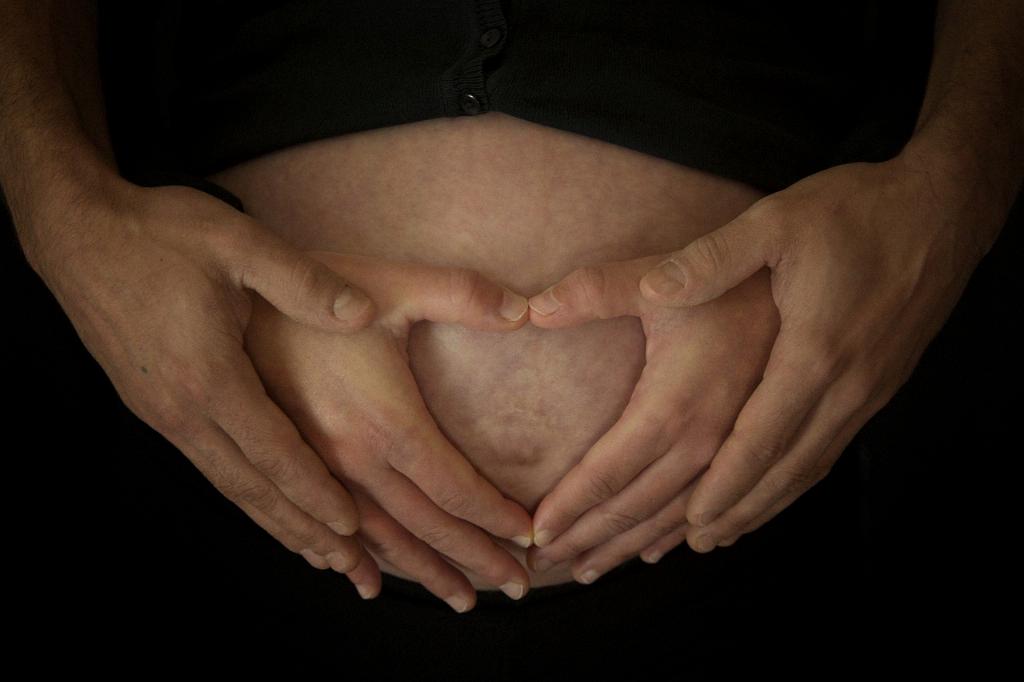Dealing with poison ivy on your private area can be particularly uncomfortable and challenging. However, with the right approach, you can effectively manage the rash and alleviate symptoms. It’s important to note that the severity of the rash may vary, and in some cases, medical attention may be necessary.
First and foremost, if you suspect that you have come into contact with poison ivy on your private area, resist the urge to scratch or rub the affected area. This can exacerbate the rash and lead to further irritation. Instead, wash the area gently with lukewarm water and a mild soap to remove any urushiol oil, which is the substance in poison ivy that causes the rash.
After washing the affected area, pat it dry with a clean towel. Avoid using hot water or harsh soaps, as these can further irritate the skin. Once the area is dry, consider applying a cool compress or taking a cool bath to help soothe the itching and discomfort.
If the rash is mild and localized, you can try using over-the-counter hydrocortisone cream or calamine lotion to help reduce itching and inflammation. These products can provide temporary relief and promote healing of the affected skin.
It is important to avoid wearing tight clothing that may rub against the rash and cause further irritation. Opt for loose, breathable fabrics to allow the affected area to breathe and heal. Additionally, avoid applying any perfumed products or cosmetics to the rash, as these can aggravate the skin and delay healing.
In some cases, a severe or widespread poison ivy rash on the private area may require medical attention. If you experience intense itching, swelling, or blistering that does not improve with home remedies, it is recommended to consult a healthcare provider. They may prescribe oral corticosteroids or other medications to help alleviate symptoms and promote healing.
While managing poison ivy on your private area, it is essential to keep the affected area clean and dry to prevent infection. Avoid scratching the rash, as this can introduce bacteria and lead to secondary infections. If you notice any signs of infection, such as increased redness, warmth, or drainage from the rash, seek medical attention promptly.
Remember to wash any clothing or objects that may have come into contact with the poison ivy plant to prevent re-exposure. Additionally, be cautious when engaging in outdoor activities to avoid contact with poison ivy and other irritating plants.
It is crucial to monitor the rash closely and track any changes in symptoms. If the rash worsens or does not improve after a few days of home treatment, seek medical advice. A healthcare provider can provide a proper diagnosis and recommend appropriate treatment for your specific case.
Overall, managing poison ivy on your private area requires patience and diligence. By following proper hygiene practices, using soothing remedies, and seeking medical help when needed, you can effectively treat the rash and ensure a speedy recovery.
Remember that everyone’s body reacts differently to poison ivy exposure, so it is essential to listen to your body and tailor your treatment approach accordingly. With proper care and attention, you can alleviate discomfort and promote the healing of the affected skin.

